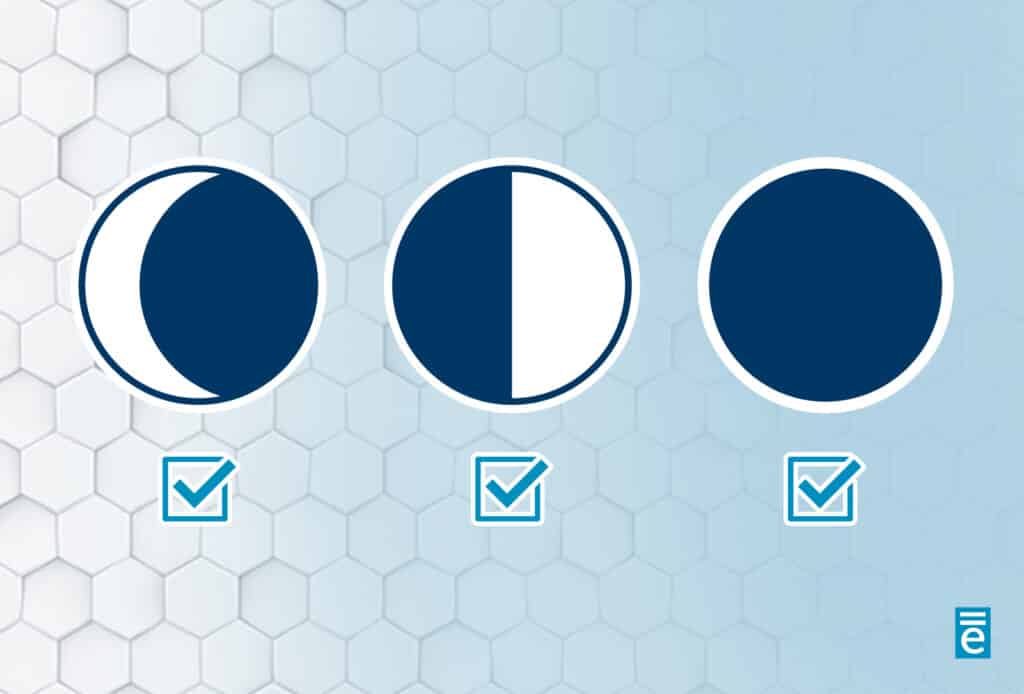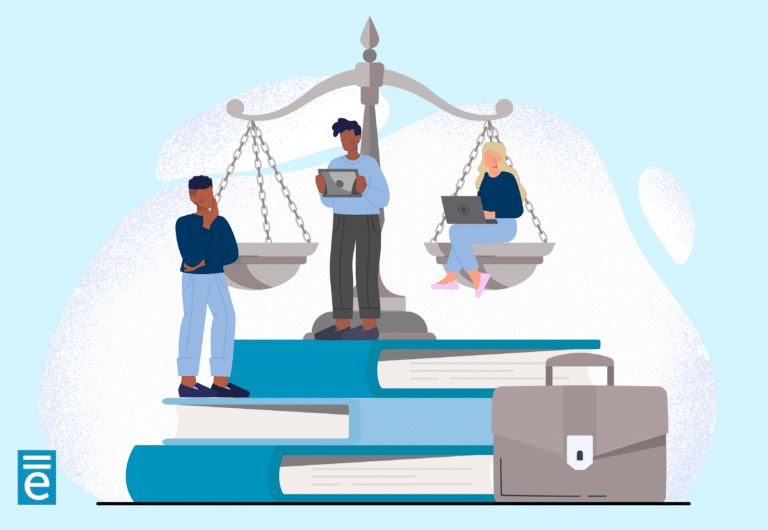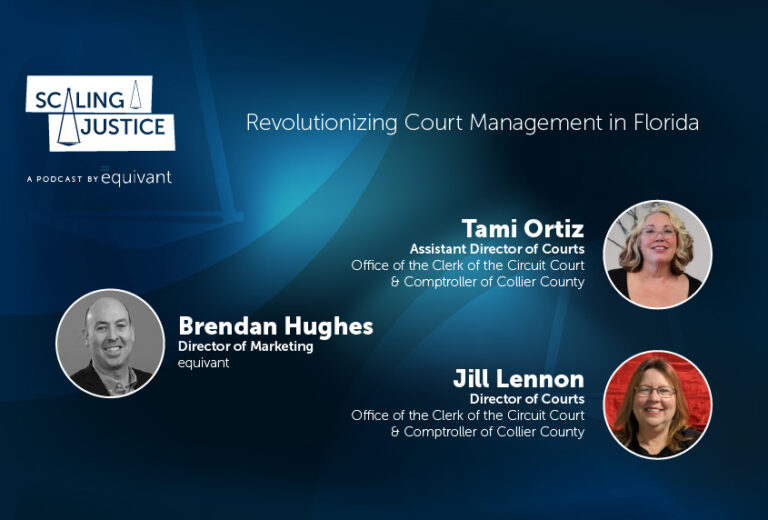“The right info in the right hands at the right time.” We hear this a lot in the justice technology space. Heck, we even say it a lot. But how do you, as a practitioner, really know if it’s happening in your agency?
Try taking a step back and evaluating your Evidence-Based Practice (EBP) using the case formulation framework. Case formulation is bigger than case management – it’s about the way your agency and your partner agencies are navigating through a case, not just the way you’re managing it. And it might be the key to ensuring your EBP is working the way it should.
Phase 1: Collect and Assess the Data
Here’s where you determine whether you have the right info.
Questions to Ask:
- What data are we collecting?
- Why are we collecting this data?
- How will this data be used?
- What happens after this data is collected?
- Are we collecting the “right” data for our needs?
- What data aren’t we collecting?
- What gaps are we seeing?
- How good is our data quality?
Phase 2: Interpret the Data
This is how you know whether that information is reaching the right hands.
Questions to Ask:
- What is each data point telling us?
- Which data points should we look at concurrently?
- What do we understand about this case after looking at this data?
- What do we understand about the individuals involved in this case?
- How is this data helping us make sense of case details?
- What happens when the data doesn’t make sense?
- Who is interpreting the data?
- Where do we capture these interpretations?
Phase 3: Formulate Appropriate Decisions
Here’s where you evaluate whether decision-makers have the information they need at the right time as they’re making decisions.
Questions to Ask:
- Which decisions require which data points?
- Which data points inform which decisions?
- When do these decisions fall in the case management process?
- Who is making these decisions?
- How does the decision-maker access the data?
- How are the decisions recorded?
- How are others informed of the decisions made?
The case formulation framework is high-level, and it can be applied to any part of the justice process. The idea is to think critically about your data, what it’s telling you, and what you’re doing with it.
If you’re not sure whether you have the right data in the right hands at the right time, start a conversation with your team, and then give us a call. We can help you think through your approach and make sure you have technology in place to support you every step of the way. Get in touch today.




